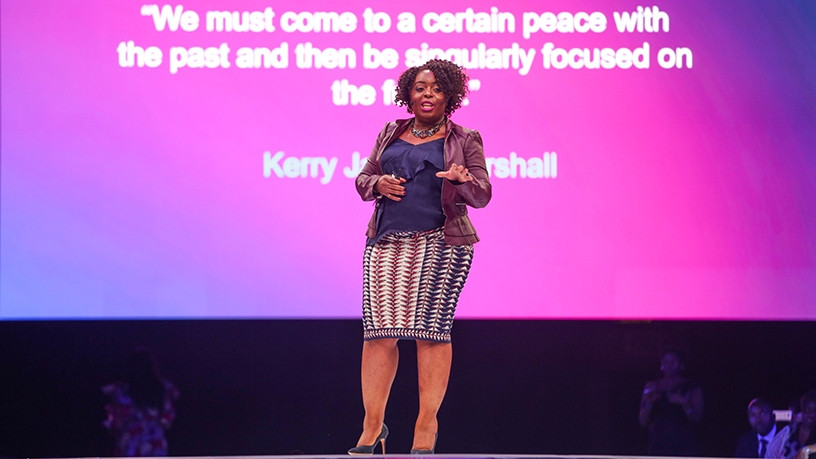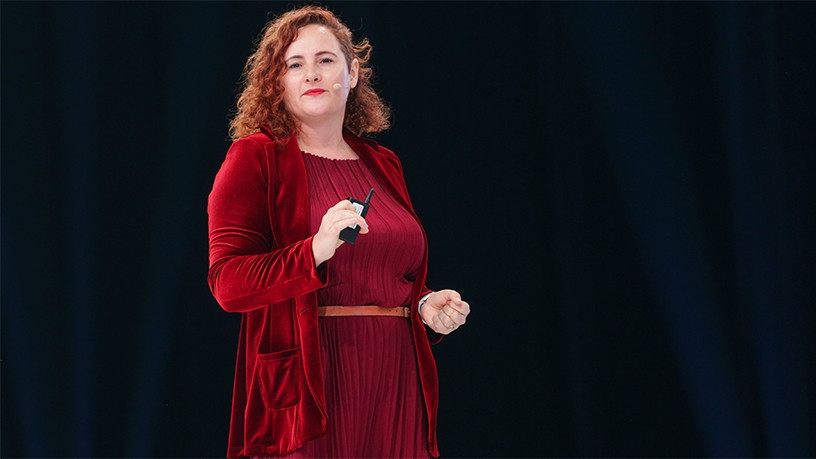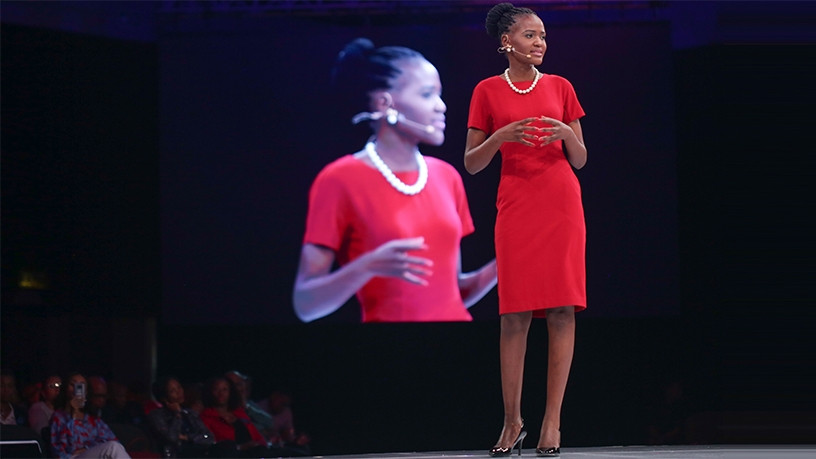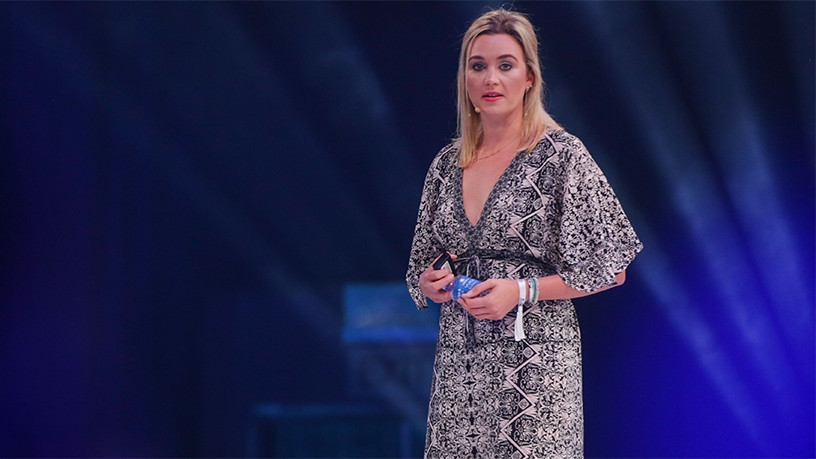
The lack of women and people of colour in the technology industry has been well documented and is an ongoing discussion. Some of the largest tech firms, including Google and Uber, have come under fire this year for issues such as gender pay discrimination and harassment in the workplace.
A recent report shows Uber's overall workforce comprises 36% women, but that number falls to 15% when looking at employees with technical roles. By comparison, Alphabet's Google has 31% women, Twitter 37%, Amazon 39% and messaging start-up Slack's workforce is 43% women, according to the companies' Web sites.
At the Liberty Vuka Knowledge Summit in Sandton this week, several speakers tackled the issue of diversity, why it is important and how it can be cultivated.
Kimberly Bryant, US-based founder and executive director of Black Girls Code, spoke about why she started the global organisation dedicated to "changing the face of technology".
When she was in university in the 80s, she was the only person of colour and one of the only women in her class. Bryant said she felt invisible as lecturers would often look past her. Years later, after graduating and working as an electrical engineer in the biotechnology field, she took her seven-year-old daughter to a summer coding class, as she was more interested in video games than Barbie dolls.
Bryant said her daughter experienced the same feeling she had at university, with the instructor paying more attention to the boys, and Bryant could not believe nothing had changed. In fact, it had actually gotten worse. She found that in the 80s, 36% of computer science graduates were women and now it is only 18%.
She set out to create a pipeline for young women, where they could learn in an environment surrounded by people like them and not be made to feel invisible.
Six years later, Black Girls Code now has seven chapters in the US and others around the world, including Johannesburg.
She said change needs to happen from the ground up. Girls are interested in STEM subjects, especially at young ages, but they often lose interest as they get older because no attention is paid to them, she commented.
As to how to solve the problem in companies now: "I don't think the trickle-down theory of diversity ever really works. For me, if a company is really committed to diversity, that means everything. That means gender diversity, that means sexual orientation, that means race and ethnicity. Everything should have a plan of focus at the same time - not one above the other."

Professional fact-checker Nechama Brodie took to the stage to talk about knowledge and how facts should be questioned.
She said having women part of science is very important as they see things differently.
"I think there is enough evidence globally that the inclusion of women amplifies greatly the type and volume of work done.
"It sounds stupid, but we have seen time and time again that men gather data about what is relevant to them," she said, which skews results and increases the amount done in some areas and leaves little done in others.
She said it has come to a point where we need to over-adjust for past biases that have affected and shaped our future.

Kenyan gender advocate Vivian Onano spoke about how women, who make up half the population, need to be invested in, or economies will not move forward.
"Education is vital to liberate women and youth and allow them to achieve their full potential in society. Knowledge and information helps define gender roles and can lead to the success of business and promote cohesive existence in diversified communities. The difference between me and any other child who grew up in my village in rural Kenya, is the fact that somebody gave me access to knowledge, information and education, which in turn changed the trajectory of my life. Where you come from doesn't determine your power."
Onano called on men to join the conversation and become advocates of equality.
"The reality is that we still have a lot to do," in bringing equality to the workplace and homes. She referenced how women in powerful positions in the workplace in Africa are still expected when they 'go home' to fit into traditional subservient gender roles like cook or cleaner.

Annette Muller, founder of Flexy, a technology start-up that helps companies and freelancers work together, spoke about the future workplace and how it will change.
In the future, all companies will be tech companies, she said, but noted that technology is an enabler not necessarily the solution to solving real world problems.
"Technology is a phenomenal tool to solve problems," but problems are encountered by people, and different people have problems unique to them that others may not be aware of.
"Diversity is what brings innovation, and in order for companies to continue innovating in this fast-changing world, it is imperative."
Share